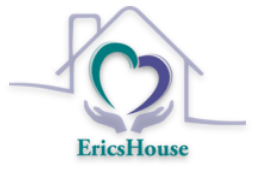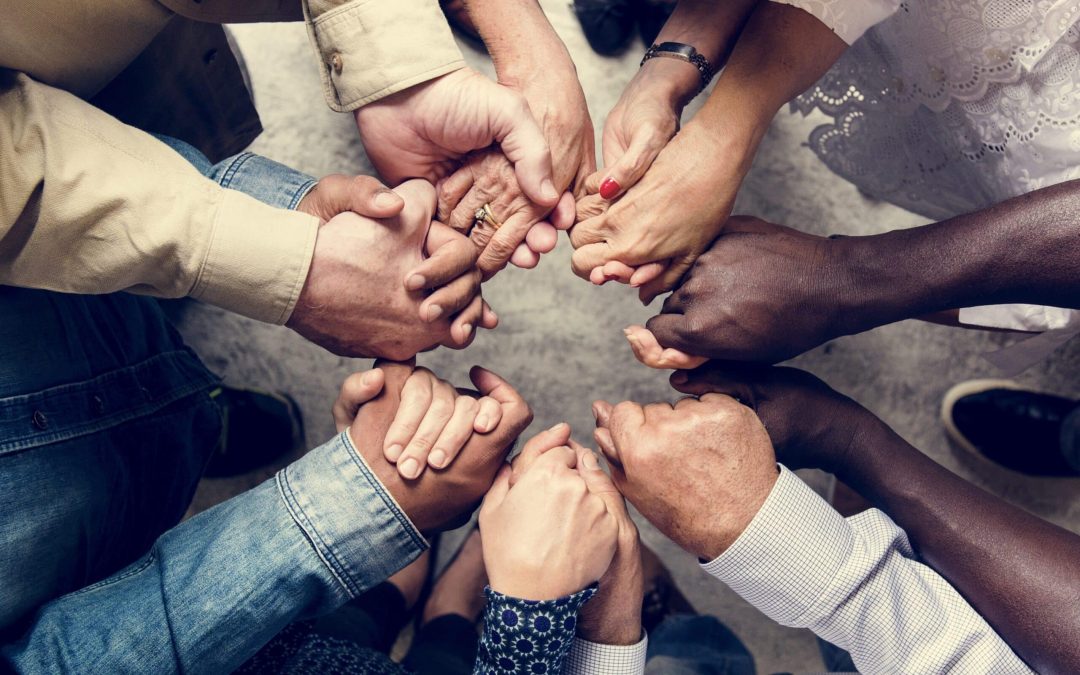After my son Eric died by suicide, I entered a world I didn’t know existed—a world filled with sorrow, silence, and stigma. I quickly learned that grief after suicide or overdose is different. It’s not just about missing the person you love; it’s about carrying the weight of trauma, guilt, unanswered questions, despair, and the fear that others will never truly understand.
However, I also learned something else: Support after these losses is life-saving, and we now understand that Postvention is Prevention. Those of you who work with EricsHouse know the power of being with people who have a similar loss experience.
WHY THIS GRIEF IS SO HARD
When we lose someone to suicide or overdose, we’re not just grieving—we’re often reeling from shock, guilt, and trauma. Many survivors are haunted by thoughts like:
- What did I miss?
- Could I have done more?
- Did they know how much I loved them?
- Why couldn’t I save them? Why couldn’t they save themselves?
The suddenness of these deaths often brings a unique kind of pain. Many of us struggle with images we can’t unsee or questions we can’t answer. And because of stigma, we may feel like we have to hide how our loved one died. We hear people say things like “They chose this” or “They’re in a better place,” when what we need is simply to be heard and held and supported unconditionally.
Add to that the complicated relationships we may have had with our loved ones—especially if they struggled for a long time with mental illness or addiction—and grief can feel even more overwhelming.
THE PAIN OF SILENCE
There’s still so much stigma around suicide and substance-related deaths. It makes grieving feel isolating and invisible. Friends don’t know what to say. Family members might avoid the subject. And the person we love may be remembered more for how they died than for who they were.
At EricsHouse, we say their names. We tell their stories. We honor their lives.
WHAT KIND OF SUPPORT DO WE NEED?
Grieving a suicide or overdose loss is not something you “get over.” But with the right kind of support, you can learn to carry the pain in a way that leaves room for peace, for purpose, and even for joy again. This is what postvention support looks like:
- Safe spaces to speak openly, without fear or shame
- Peer support from others who have walked a similar path
- Spiritual and grief companions who honor your questions and faith
- Opportunities to remember your loved one with dignity and love
- Long-term community that doesn’t disappear after the funeral
POSTVENTION IS PREVENTION
Postvention is what we do after a suicide or overdose—but its impact reaches far beyond the grieving person. When we support survivors with love and compassion, we reduce the risk of:
- Prolonged, complicated grief
- Depression and hopelessness
- Substance use and suicide among the bereaved
When we help people heal, we give them the tools to stay alive. We help them reconnect with purpose, with community, and with life.
That’s why postvention is prevention. It doesn’t just honor those we’ve lost—it protects those who remain.
YOU ARE NOT ALONE
If you are grieving someone lost to suicide or overdose, please know this:
- Your grief is not a weakness. Embrace it and honor it.
Your questions and feelings are valid. It takes time to sort through them.
Your healing matters—not just to you, but to others.
Whether your loss is recent or years behind you, EricsHouse is here to walk alongside you. With understanding. With hope. With love.
In memory, in healing,
Marianne
Founder, EricsHouse
If you or someone you know is grieving a loss by suicide or overdose, please reach out. You are not alone. Together, we heal.



Recent Comments